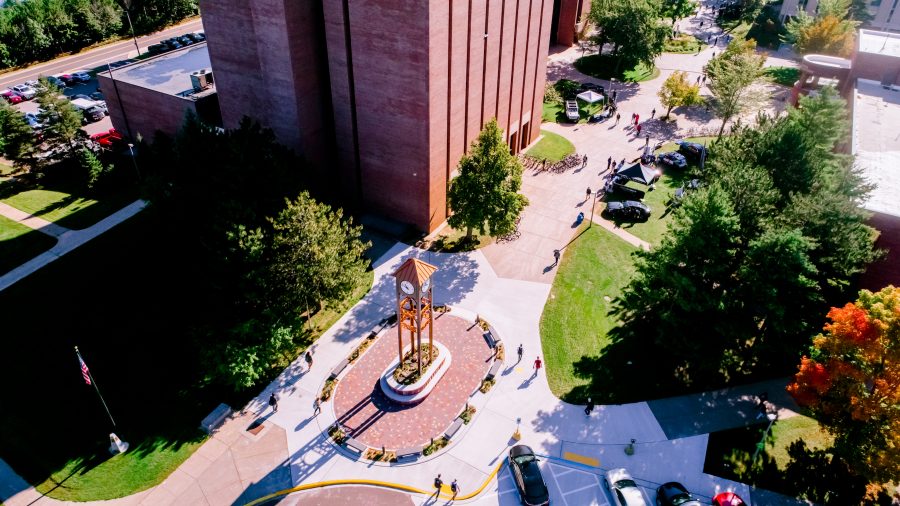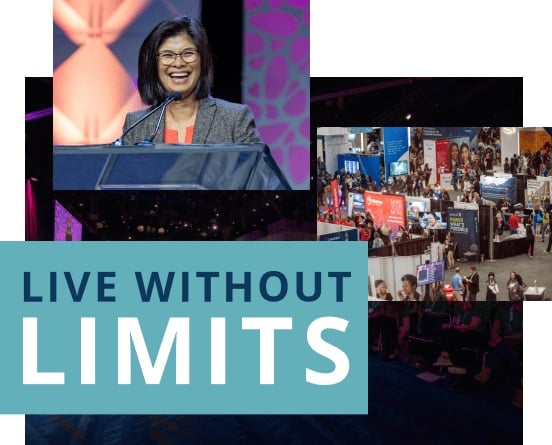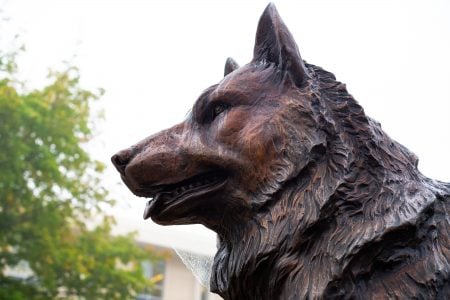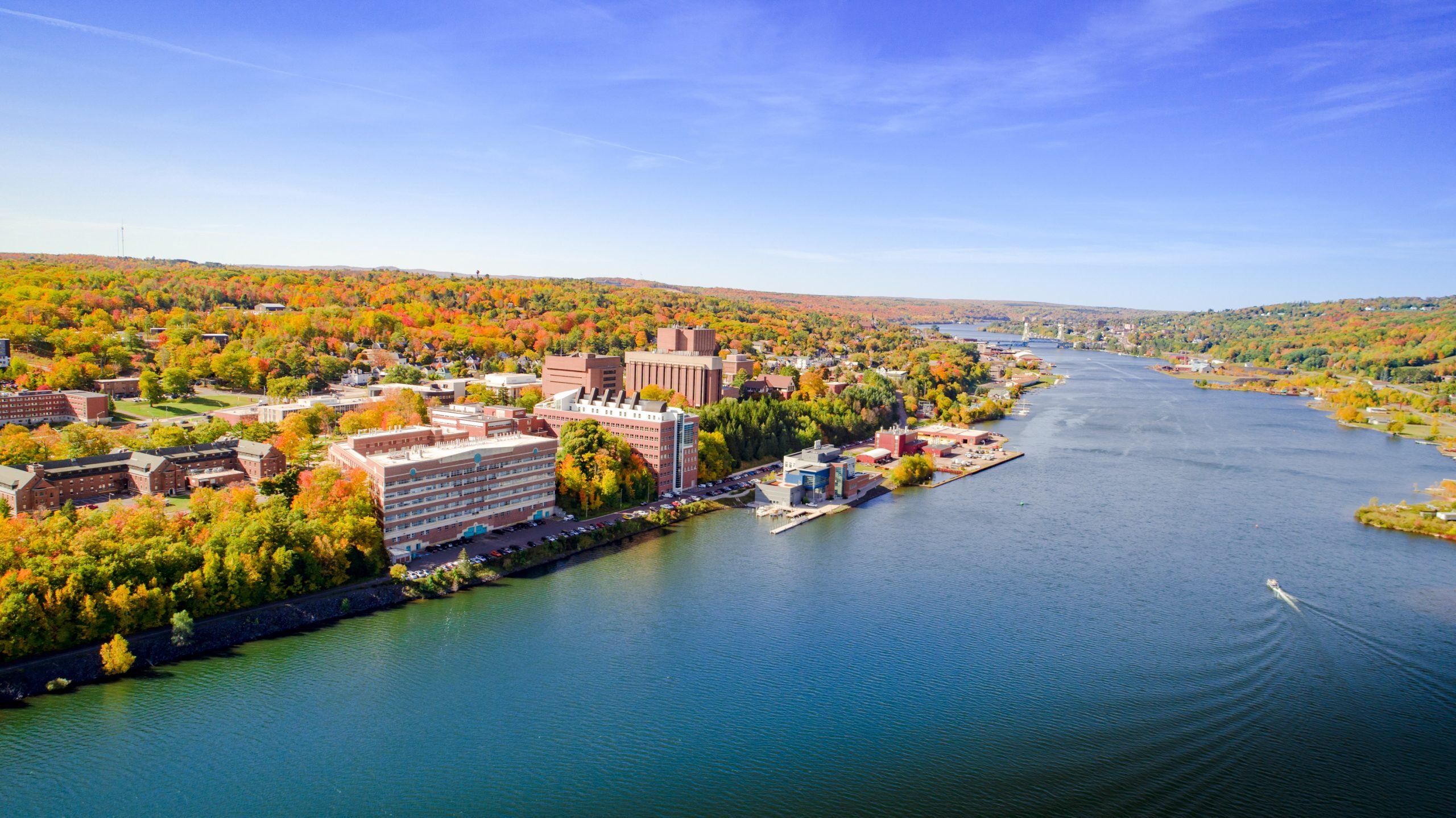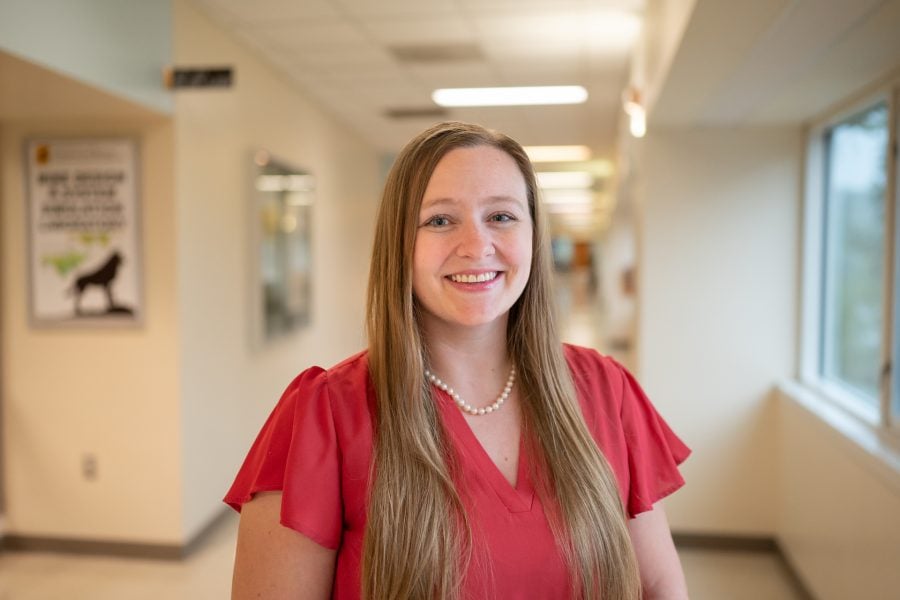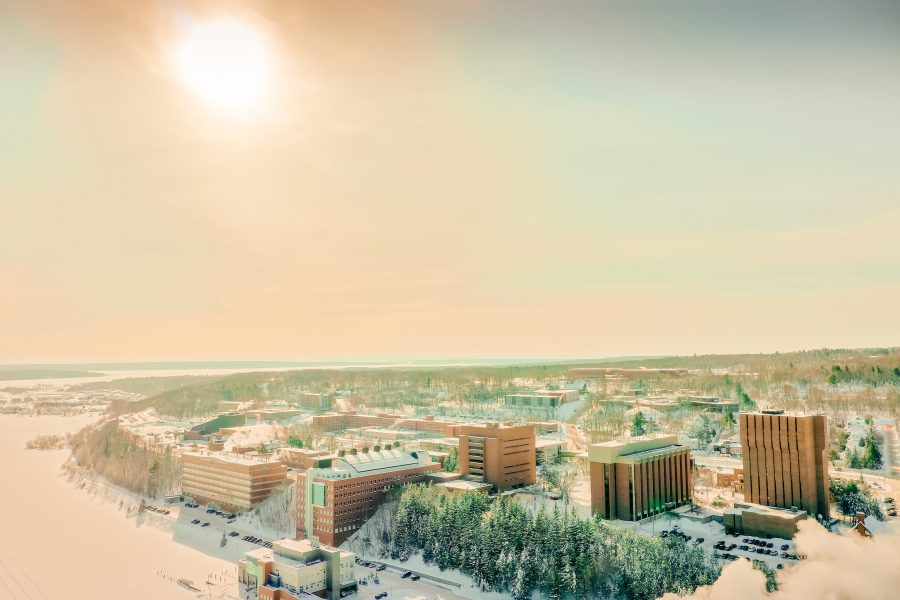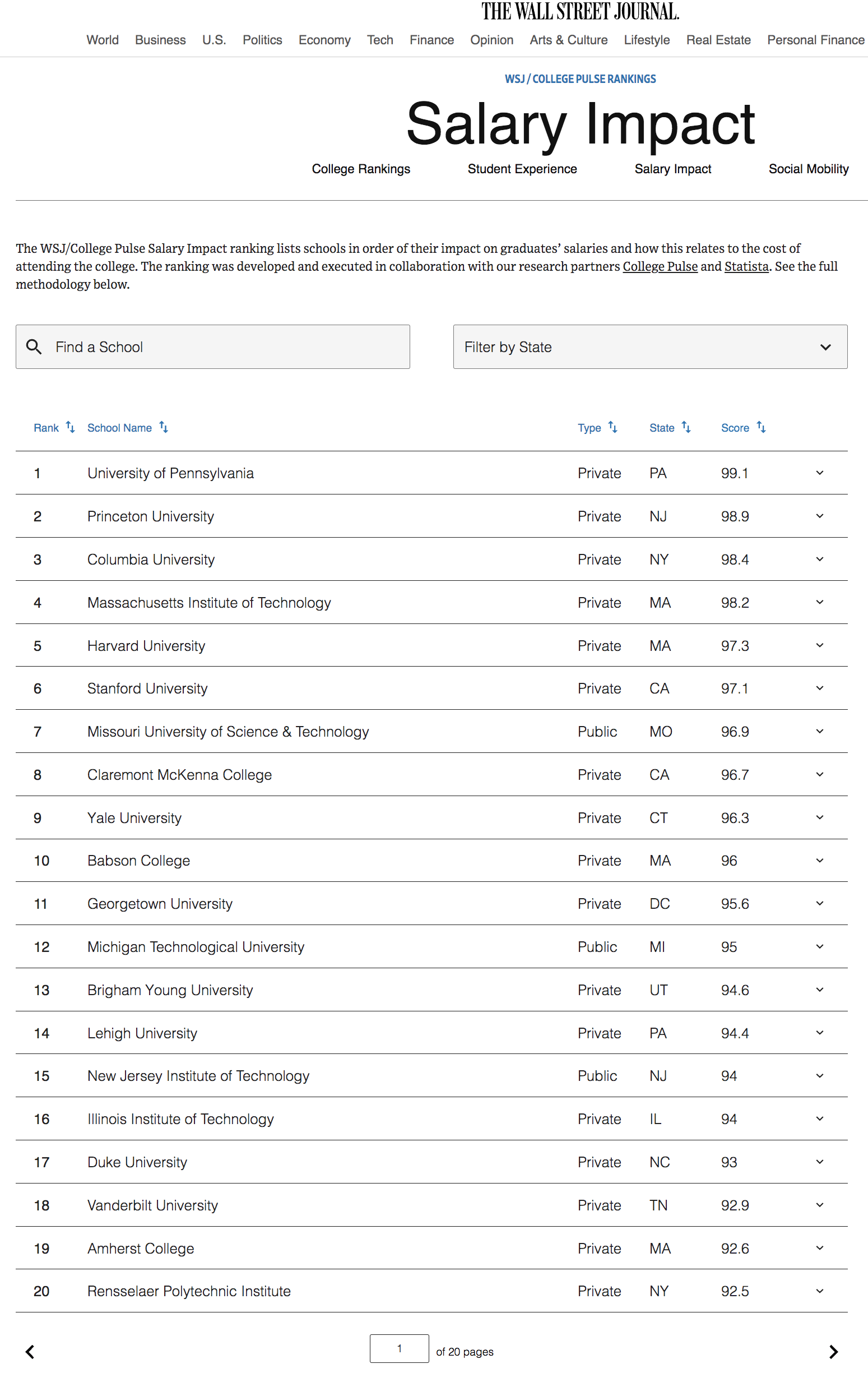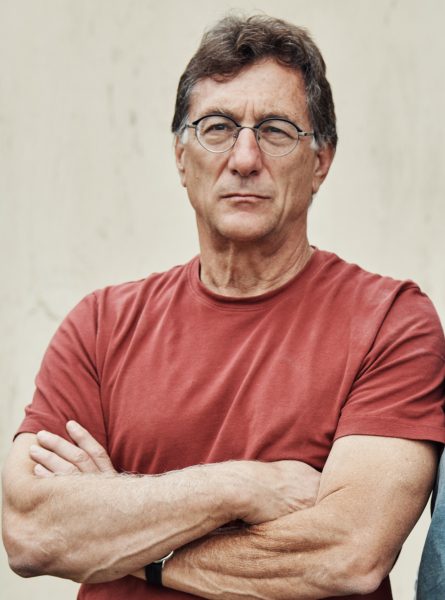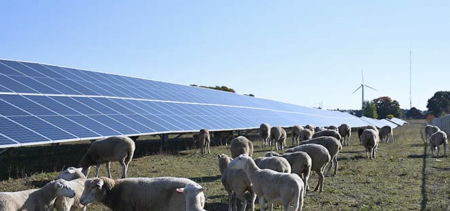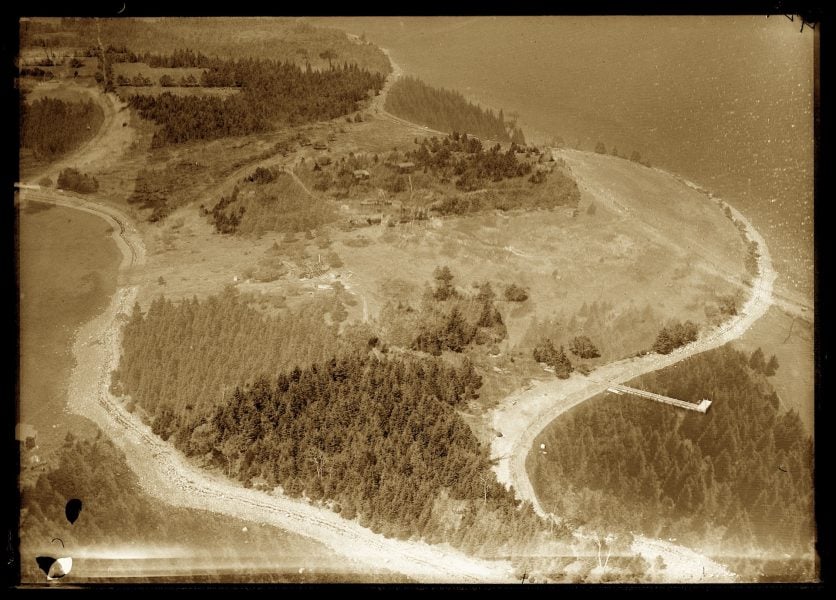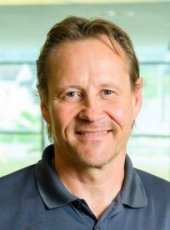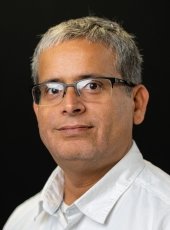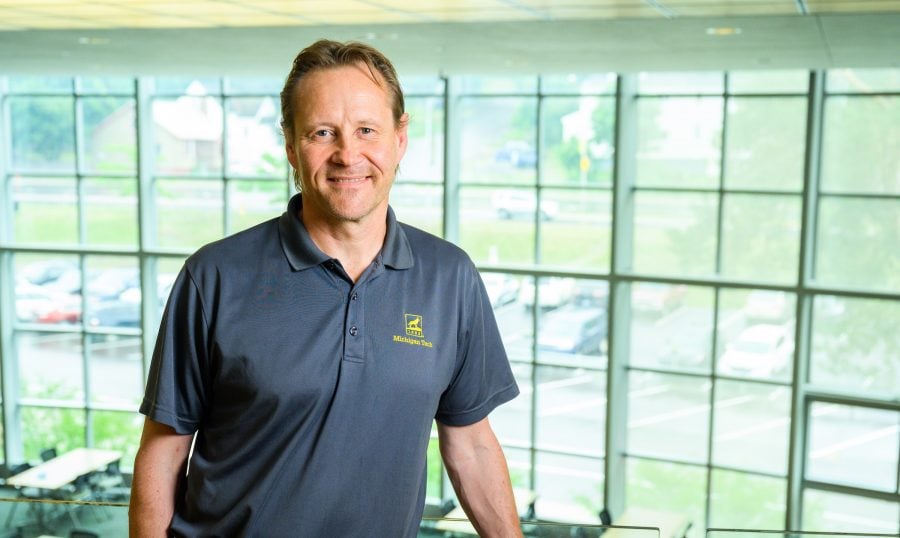The College is honored to welcome 18 new faculty members this fall. They bring a range of expertise among seven multidisciplinary research areas: Energy and Sustainability, Advanced Manufacturing, Autonomy and Mobility, Engineering Infrastructure, Engineering for Health, Space and Aerospace, and Navigating our Environment.
Department of Civil, Environmental, and Geospatial Engineering
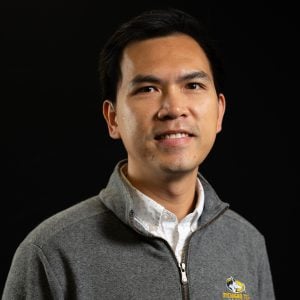
Dr. Quang Tran joins the faculty as an assistant professor. He comes to Michigan Tech from Harvard Medical School, Harvard affiliated hospitals, and the UIUC Bioacoustics Research Lab, where he dedicated three years to postdoctoral research. Dr. Tran earned a PhD in Civil Engineering at the University of Illinois Urbana-Champaign, an MS in Civil and Environmental Engineering at California State University, Fullerton, and a BS in Industrial and System Engineering at Ho Chi Minh University of Technology, Vietnam. His research focuses on non-invasive ultrasound for material characterization applications in civil engineering and biomedical fields, diagnosing and monitoring the health of infrastructures and humans.
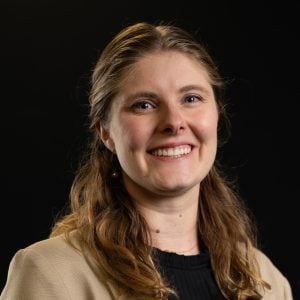
Dr. Ishi Keenum joins the faculty as an assistant professor. She comes to Michigan Tech from the National Institute of Standards and Technology (NIST), where she completed postdoctoral research. She earned a BS in at the University of Michigan, and an MS and PhD at Virginia Tech, all in Environmental Engineering. Keenum serves as the lead of the bioinformatic working group for the International Microbiome and Multi’Omics Standards Alliance (IMMSA). Her research is focused on the dissemination and treatment of antibiotic resistance through wastewater and water systems, and the microbiology of water systems.
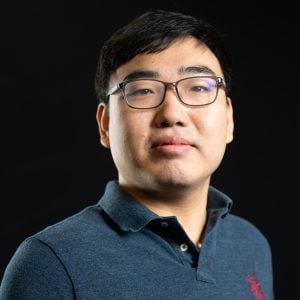
Dr. Bo Xiao joins the faculty as assistant professor. He comes to Michigan Tech from Hong Kong Polytechnic University, where he worked as a research assistant professor. He earned a BEng in Civil Engineering at Xi’an University of Architecture and Technology in China, an MS from Concordia University in Canada, and a PhD at the University of Alberta, Canada. His research seeks to advance the digital transformation of the construction industry by adopting automated technologies, including artificial intelligence (AI), robotics, and digital twinning, for modular construction, as well as visual monitoring of construction sites.
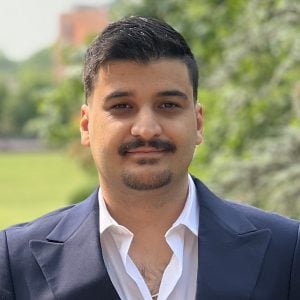
Dr. Mazi Erfani joins the faculty as an assistant professor. He comes to Michigan Tech from the University of Maryland, College Park, where he earned a PhD in Civil Engineering. He earned a BS in Civil Engineering and MSc, in Construction Engineering and Management at the University of Tehran in Iran. His research interests include data-driven infrastructure management, Smart construction, equity and diversity, risk management, text analytics and natural language processing, and AI modeling.
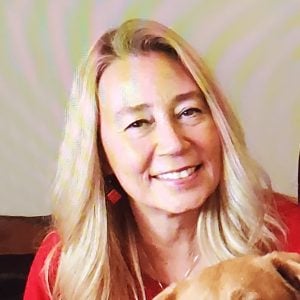
Kerri Sleeman joins the faculty as a professor of practice. After working in the automotive and construction industries as an engineer she joined Michigan Tech staff, directing MTU Facilities Management. She earned a BS in Mechanical Engineering and an MS in Engineering, both at Michigan Tech. Sleeman brings strong industry experience to students in the Construction Management Program, and will increase sustainable construction course offerings for students.
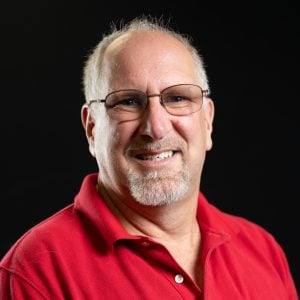
John Bean joins Michigan Tech as a visiting professor of practice in the Department of Civil, Environmental, and Geospatial Engineering. He earned an MS in Civil and Structural Engineering at the University of Connecticut and a BS in Civil Engineering at the University of New Hampshire. He also earned a graduate certificate in Surveying Engineering at the University of Maine. His focus for teaching includes surveying, mapping and database support to engineering field-based research projects. He has over 40 years of experience in surveying, civil engineering, and GIS, both in teaching and in practice. His work has taken him to Antarctica, the North Slope of Alaska, and the Mojave Desert, among other places.
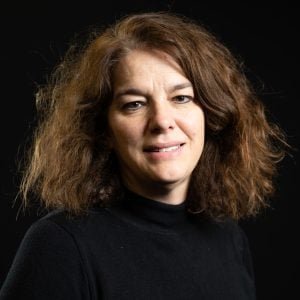
Jennifer Miller joins the faculty as a professor of practice. She earned a Master’s in Business Administration at Central Michigan University and a BS in Civil Engineering at Michigan Tech. Her teaching interests focus on construction management. She has more than 20 years of construction experience, including working for General Contractors, Specialty Contractors, design firms, and governmental entities including Michigan Department of Transportation.
Department of Electrical and Computer Engineering
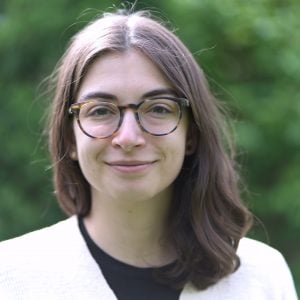
Dr. Anna Stuhlmacher joins the faculty as an assistant professor. She comes to Michigan Tech from the University of Michigan. She earned a BS at Boston University and an MS and PhD at the University of Michigan, all in electrical engineering. She interned at the National Renewable Energy Laboratory (NREL), and grew up in the Chicago area. Her research explores optimizing and controlling distributed energy resources (like solar panels, batteries, and electric vehicles) in the power grid to provide flexibility in the transition to more sustainable and reliable energy systems.
Department of Engineering Fundamentals
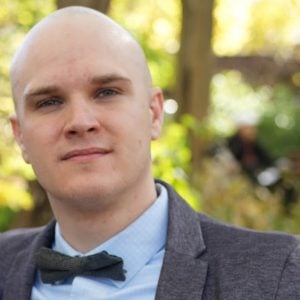
Dr. Gabriel Draughon joins the faculty as an assistant teaching professor. He comes to Michigan Tech from the University of Michigan, where he earned an MS and PhD in Civil Engineering (Intelligent Systems). He earned a BS in Biosystems Engineering at the University of Kentucky. His research and teaching interests involve Smart Cities, and how sensing technologies in urban settings help better understand how people move through, interact with, and derive benefits from social infrastructure.
Department of Chemical Engineering
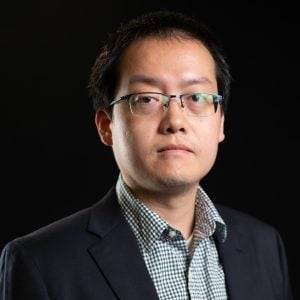
Dr. Kaiwu Huang comes to Michigan Tech from Virginia Tech, where he worked as a research associate in the Department of Mining and Minerals Engineering. He earned a BS in Mining and Minerals Engineering at China University of Mining and Technology in Beijing, and an MS and PhD in Mining and Minerals Engineering at Virginia Tech. His research focus is on sustainable mining, including mineral processing, mineral flotation, solid/liquid separation, carbon ore beneficiation, rare earth extraction, and copper concentration.
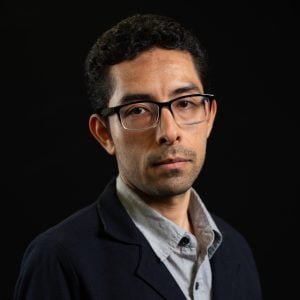
Dr. Luis Manzano comes to Michigan Tech from Monterrey, Mexico, where he earned an MS and PhD in Biotechnology at the Instituto Tecnologico y de Estudios Superiores de Monterrey (ITESM). He earned his undergraduate degree in Biotechnology Engineering, Universidad Politécnica de Pachuca. His research focuses on the sustainable purification of PEG-modified proteins/enzymes (PEGylated), used as biopharmaceuticals in the treatment of disease and potentially in the recovery and purification of anticancer, low-molecular weight compounds such as flavonoids.
Department of Manufacturing and Mechanical Engineering Technology
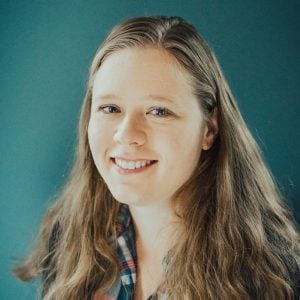
Rachel Store joins the faculty as an assistant teaching professor. She earned a BS and MS in Mechanical Engineering, both at Michigan Tech. Her research focus is on friction stir processing and Lean and Quality manufacturing. Her teaching and research interests include additive manufacturing, forming processes, and materials manufacturing with friction stir processing.
Department of Material Science and Engineering
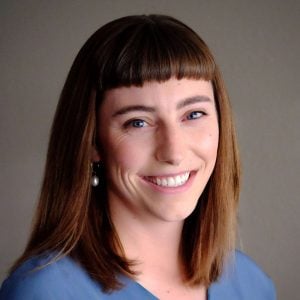
Dr. Alexandra Glover joins the faculty as an assistant professor. She comes to Michigan Tech from Los Alamos National Laboratory, where she worked as a research and development engineer with Sigma Division. Glover earned an MS and PhD at the Colorado School of Mines in Metallurgical and Materials Engineering, and a BS in Materials Science and Engineering at Michigan Tech. Her research interests include mechanical behavior of materials, strengthening mechanisms, deformation processing and design for manufacturing, steels, shape memory alloys, and deformation induced phase transformations.
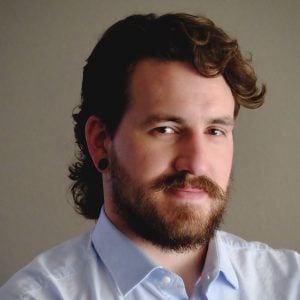
Dr. Joshua Mueller joins the faculty as an assistant professor. He comes to Michigan Tech from the Dynamic-Structure Design and Engineering Group at Los Alamos National Laboratory, where he worked as a research and development engineer. Mueller earned an MS and PhD at the Colorado School of Mines in Metallurgical and Materials Engineering, and a BS in Materials Science and Engineering at University of Wisconsin-Madison. His research interests include physical metallurgy, phase transformations, thermodynamics, and microstructure evolution.
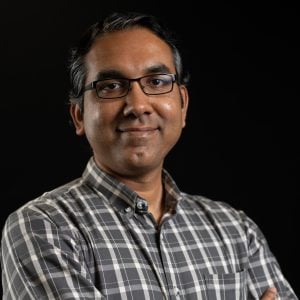
Dr. Sriram Vijayan joins Michigan Tech as an assistant professor. He earned a PhD in Materials Science and Engineering at the University of Connecticut, a Master’s in Materials Engineering at the Indian Institute of Technology, Madras, and a Bachelors in Materials Engineering at Jawaharlal Nehru Technological University. His research interests include understanding microstructural evolution in materials under complex thermal conditions,
process-structure-property relationships of additively manufactured builds, and materials for nuclear reactor applications.
Department of Mechanical Engineering-Engineering Mechanics
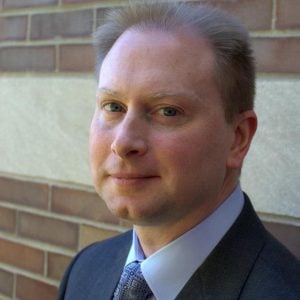
Dr. Shawn Brueshaber comes to Michigan Tech from Western Michigan University, where he earned an MS and PhD in Mechanical Engineering. He earned a BS in Aerospace Engineering at Embry-Riddle Aeronautical University in Daytona Beach, Florida. After graduating, he spent several years in industry. His research is focused on the polar atmospheric dynamics of the giant planets—Jupiter, Saturn, Uranus, and Neptune, with a goal of developing a comprehensive theory of weather and climate applicable to all planetary bodies with an atmosphere.
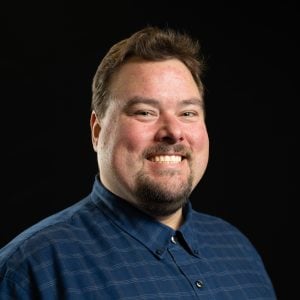
Dr. Chad Walber joins the faculty as an Associate Teaching Professor. He earned an MS and PhD in Mechanical Engineering at Michigan Tech, and a BS in both Electrical Engineering and Mechanical Engineering, also from Tech. He worked at PCB Piezotronics as a research and development engineer and at Michigan Tech as a visiting professor of practice. His teaching and research focus includes metrology, dynamic systems, noise and vibration, acoustics, and the test and measurement of those quantities, including developing specification and calibration standards for microphones and sound level meters.
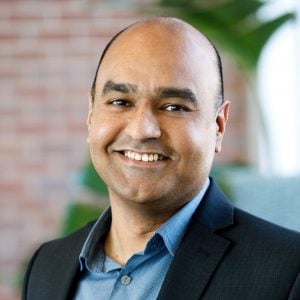
Dr. Bhisham Sharma joins the faculty as an associate professor. He comes to Michigan Tech from Wichita State University, where he worked as an assistant professor in the Department of Aerospace Engineering. He earned an MS and PhD in Aeronautical and Astronautical Engineering at Purdue University, and a BS in Mechanical Engineering at the University of Pune in Pune, India. Sharma was also a post-doctoral research associate and a visiting assistant professor at Purdue. His research involves the overlap of solid mechanics, structural dynamics, acoustics, and advanced manufacturing. He investigates the fundamental mechanics and acoustics of novel engineered material systems such as acoustic metamaterials, phononic structures, architected lattice structures, stochastic foams, and advanced manufacturing.
.
